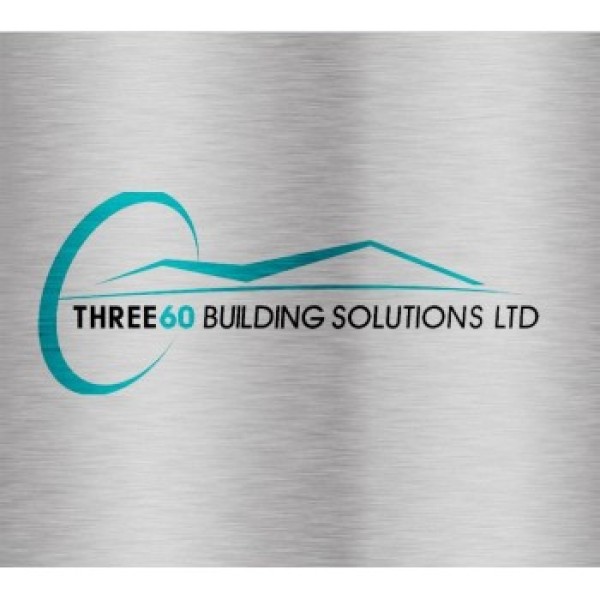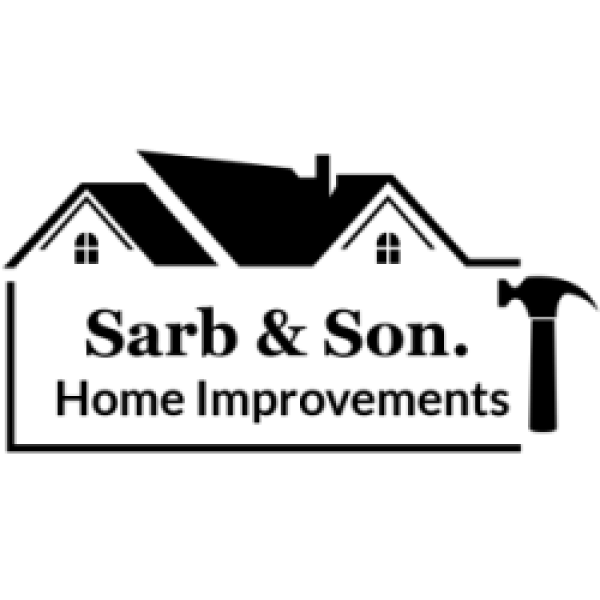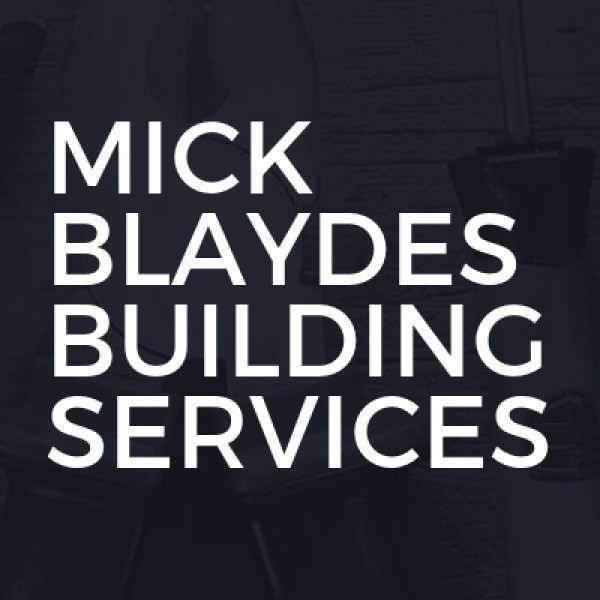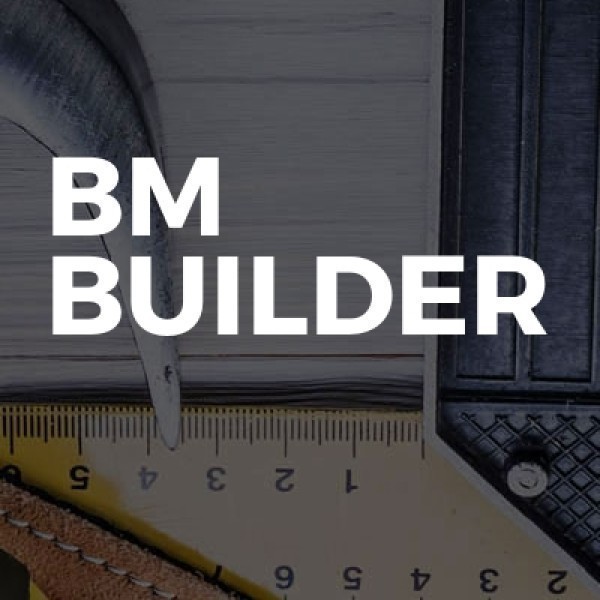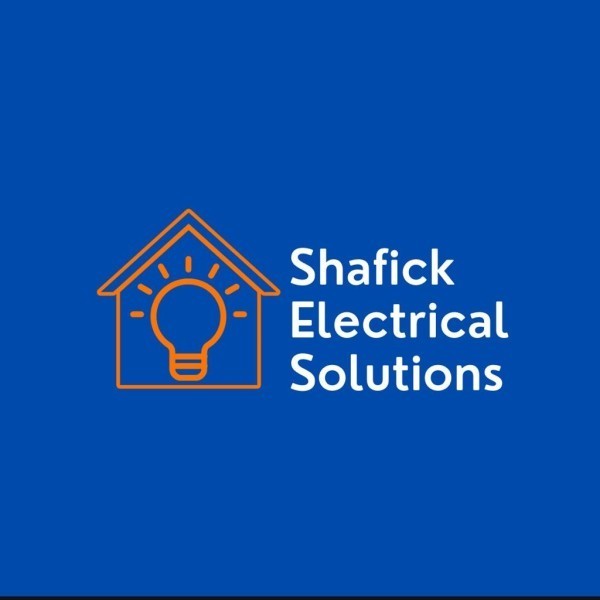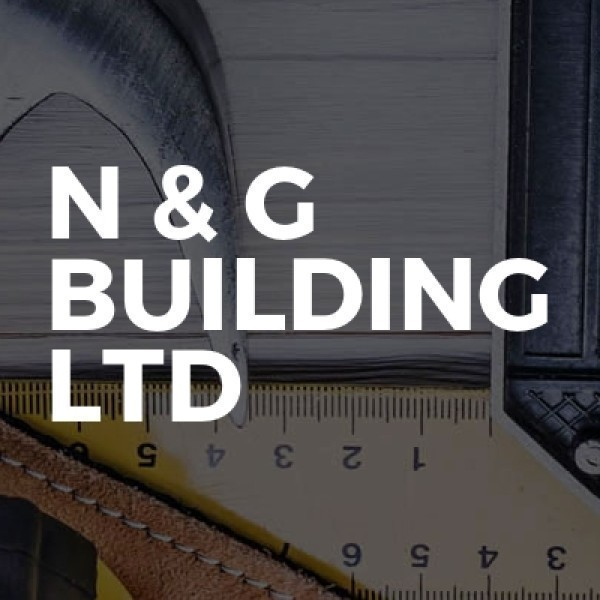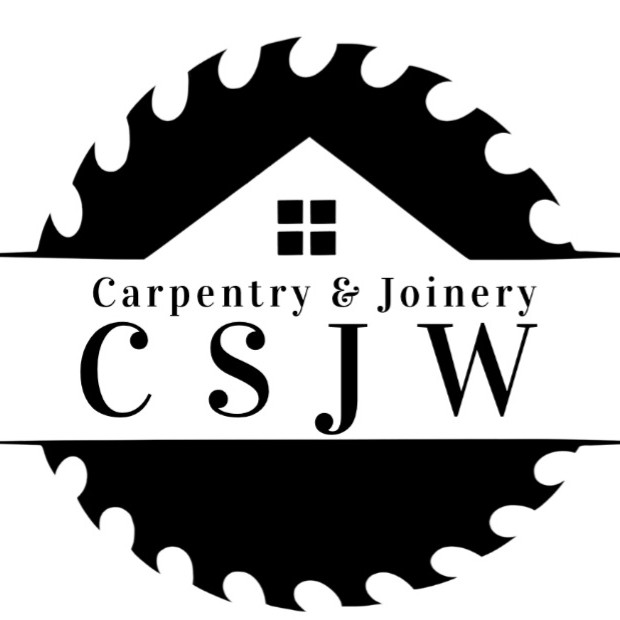Extension Builders in Stourbridge
Filter your search
Post your job FREE and let trades come to you
Save time by filling out our simple job post form today and your job will be sent to trades in your area so you can sit back, relax and wait for available trades to contact you.
Post your job FREESearch Extension Builders in places nearby
Understanding Extension Builders in West Midlands
The West Midlands, a vibrant region in the heart of England, is known for its rich history and dynamic growth. As more people choose to settle in this bustling area, the demand for home extensions has surged. Extension builders in West Midlands are at the forefront of this trend, offering innovative solutions to homeowners looking to expand their living spaces. This article delves into the world of extension builders in the West Midlands, exploring their roles, the services they offer, and how they contribute to the region's architectural landscape.
The Role of Extension Builders
Extension builders play a crucial role in transforming homes to meet the evolving needs of families. They are skilled professionals who specialise in adding extra rooms or spaces to existing structures. Whether it's a new kitchen, a larger living room, or an additional bedroom, these builders bring expertise and creativity to every project. Their work not only enhances the functionality of a home but also increases its value.
Skills and Expertise
Extension builders in the West Midlands possess a diverse set of skills. They are adept at planning, designing, and executing construction projects. Their expertise extends to understanding building regulations, ensuring that all extensions comply with local laws. Moreover, they have a keen eye for design, helping homeowners create spaces that are both practical and aesthetically pleasing.
Project Management
Managing a home extension project requires meticulous planning and coordination. Extension builders oversee every aspect of the project, from initial consultation to final inspection. They work closely with architects, engineers, and other tradespeople to ensure that the project runs smoothly and is completed on time and within budget.
Types of Home Extensions
Homeowners in the West Midlands have a variety of extension options to choose from, each catering to different needs and preferences. Understanding these options can help in making informed decisions about which type of extension best suits a particular home.
Single-Storey Extensions
Single-storey extensions are a popular choice for those looking to add extra space without altering the overall structure of their home. These extensions are typically added to the rear or side of a property, providing additional living space such as a kitchen, dining area, or family room.
Double-Storey Extensions
For homeowners seeking more substantial space, double-storey extensions offer a viable solution. These extensions add two levels to a property, effectively doubling the available space. They are ideal for growing families who need additional bedrooms or bathrooms.
Wrap-Around Extensions
Wrap-around extensions combine side and rear extensions to create a larger, more open living area. This type of extension is perfect for those looking to create an open-plan layout, seamlessly connecting different parts of the home.
Loft Conversions
Loft conversions are an excellent way to utilise unused attic space. By converting a loft into a functional room, homeowners can add an extra bedroom, office, or playroom without extending the footprint of their home.
Choosing the Right Extension Builder
Selecting the right extension builder is crucial to the success of any home extension project. With numerous builders operating in the West Midlands, it's essential to consider several factors before making a decision.
Experience and Reputation
Experience is a key indicator of a builder's capability. Established builders with a proven track record are more likely to deliver high-quality work. Checking reviews and testimonials from previous clients can provide insights into a builder's reputation and reliability.
Portfolio of Work
Reviewing a builder's portfolio can offer a glimpse into their style and quality of work. A diverse portfolio that showcases a range of projects indicates versatility and creativity, essential traits for a successful extension builder.
Communication and Transparency
Effective communication is vital throughout the extension process. A good builder will maintain open lines of communication, providing regular updates and addressing any concerns promptly. Transparency in pricing and timelines is also crucial to avoid any unexpected surprises.
Understanding Building Regulations
Building regulations are a set of standards that ensure the safety and quality of construction projects. In the West Midlands, extension builders must adhere to these regulations to ensure that all work is compliant and safe.
Planning Permission
Depending on the size and scope of the extension, planning permission may be required. Builders can assist homeowners in navigating the planning process, ensuring that all necessary approvals are obtained before construction begins.
Structural Integrity
Ensuring the structural integrity of an extension is paramount. Builders must consider factors such as load-bearing walls, foundations, and roofing to ensure that the extension is safe and durable.
Energy Efficiency
Modern building regulations place a strong emphasis on energy efficiency. Builders must incorporate energy-saving measures, such as insulation and double glazing, to reduce the environmental impact of the extension and lower energy costs for homeowners.
Cost Considerations
The cost of a home extension can vary significantly depending on several factors. Understanding these costs can help homeowners budget effectively and avoid any financial pitfalls.
Materials and Labour
The choice of materials and the cost of labour are two of the most significant factors affecting the overall cost of an extension. High-quality materials and skilled labour may come at a premium, but they often result in a more durable and aesthetically pleasing extension.
Size and Complexity
The size and complexity of the extension also play a crucial role in determining the cost. Larger, more complex projects require more resources and time, leading to higher costs.
Unexpected Expenses
It's essential to budget for unexpected expenses that may arise during the construction process. These can include unforeseen structural issues or changes in design that require additional work.
Benefits of Home Extensions
Home extensions offer numerous benefits, making them an attractive option for homeowners in the West Midlands. From increased space to enhanced property value, extensions can significantly improve the quality of life for residents.
Increased Living Space
The most obvious benefit of a home extension is the additional living space it provides. Whether it's a new bedroom, a larger kitchen, or a home office, extensions offer the flexibility to create spaces that meet the specific needs of a household.
Enhanced Property Value
Well-executed extensions can significantly increase the value of a property. By adding extra rooms or improving the layout, homeowners can make their homes more attractive to potential buyers, resulting in a higher resale value.
Personalisation and Customisation
Extensions offer homeowners the opportunity to personalise and customise their living spaces. From choosing the layout to selecting finishes and fixtures, extensions allow for a high degree of personalisation, ensuring that the space reflects the homeowner's style and preferences.
Challenges and Solutions
While home extensions offer numerous benefits, they also come with their own set of challenges. Understanding these challenges and finding effective solutions is crucial to the success of any extension project.
Planning and Design
One of the primary challenges of a home extension is planning and design. Ensuring that the extension complements the existing structure and meets the homeowner's needs requires careful planning and design. Working with experienced architects and builders can help overcome this challenge.
Budget Constraints
Budget constraints are a common challenge for many homeowners. Setting a realistic budget and sticking to it is essential to avoid financial strain. Builders can provide cost estimates and work with homeowners to find cost-effective solutions without compromising on quality.
Disruption During Construction
Construction work can be disruptive, especially for families living in the home during the process. Effective communication and planning can help minimise disruption, ensuring that the project is completed as smoothly and efficiently as possible.
Future Trends in Home Extensions
The world of home extensions is constantly evolving, with new trends and innovations shaping the industry. Staying informed about these trends can help homeowners make informed decisions about their extension projects.
Sustainable Building Practices
Sustainability is becoming increasingly important in the construction industry. Builders are adopting eco-friendly practices, such as using sustainable materials and incorporating energy-efficient features, to reduce the environmental impact of extensions.
Smart Home Technology
Smart home technology is revolutionising the way we live. Incorporating smart features, such as automated lighting and heating systems, into extensions can enhance convenience and improve energy efficiency.
Open-Plan Living
Open-plan living continues to be a popular trend, with many homeowners opting for extensions that create large, open spaces. This design trend promotes a sense of spaciousness and allows for greater flexibility in how spaces are used.
Frequently Asked Questions
- What is the average cost of a home extension in the West Midlands? The cost can vary widely depending on the size and complexity of the project, but it typically ranges from £20,000 to £50,000.
- Do I need planning permission for a home extension? It depends on the size and location of the extension. Builders can help determine if planning permission is required and assist with the application process.
- How long does it take to complete a home extension? The timeline can vary, but most extensions take between three to six months to complete.
- Can I live in my home during the extension process? Yes, but there may be some disruption. Builders can work with homeowners to minimise inconvenience during construction.
- What are the benefits of a loft conversion? Loft conversions provide additional living space without extending the footprint of the home, making them a cost-effective option for adding extra rooms.
- How can I ensure my extension is energy efficient? Incorporating features such as insulation, double glazing, and energy-efficient appliances can help improve the energy efficiency of an extension.
In conclusion, extension builders in the West Midlands play a vital role in helping homeowners enhance their living spaces. By understanding the various aspects of home extensions, from planning and design to cost considerations and future trends, homeowners can make informed decisions that lead to successful and satisfying extension projects. With the right builder and careful planning, a home extension can transform a property, providing increased space, functionality, and value.









